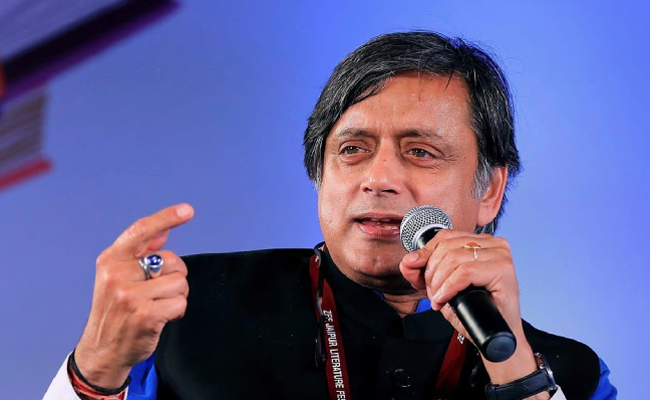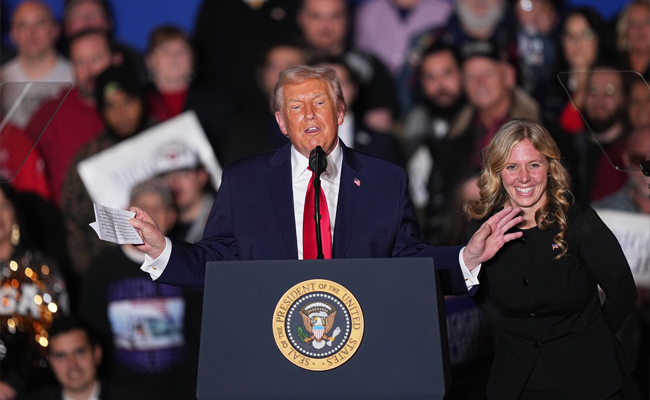Bengaluru, September 5: Chief Minister HD Kumaraswamy said that the central government was taking the credits for the programmes implemented from the state government funds which will be restructured soon.
Speaking at the Teachers Day programme organized by the Federation of Teachers Associations of the Higher Education Department, Universities and Colleges at the Jnana Jyothi Auditorium here on Wednesday, the CM said that a decision would be taken on how to implement such programmes after discussing with the authorities. The Central government has given just Rs 280 crore to implement central government programme ‘Ayushman Bharat’. But the state government has already spent Rs 800 crore. There were several lapses in the scheme and they should be rectified, he said.
Programmes should be introduced to help the people instead of making their names attractive. In spite of contributing majority share for the total cost of the programme, it was named as central government programme. So, he would convene a meeting of the officials shortly and take a decision, he said.
This was applying not only in Ayushman Bharat, but also in National Eligibility and Entrance Test (NEET) being conducted to allot medical seats for the students of various states. Indirectly, the state was getting burden, he said.
As per the 1986 Education Act, total 6 per cent in the total budget and GDP of the state should be spent on education. But in the present Budget, 12 per cent of the fund was earmarked for the purpose. Model schools in New Delhi were being observed and if possible, the government would implement them in the state. The Education department was instructed to get the report on the education system in other states, he said.
It was not true that the state government was facing financial crunch due to farm loan waiver. In fact, the state government has no dearth of funds. In the coalition government, 33 per cent of revenue was increased and now, the government has around Rs 4000 crore. In order to ease the burden of loan waiver, the government would not stop any development programmes, he added.
Higher Education Minister GT Deve Gowda said that among the graduates, more than 80 per cent were becoming unemployed. Now, the education institutions and other stake-holders should think of introducing skills-based courses to make them employable, he said.
The Federation of the Teachers Associations submitted a memorandum to the Chief Minister demanding reintroducing old pension scheme, salary as per 2016 UGC norms, appointment of principals and other demands. The CM promised of fulfilling their demands. MLA Roshan Baig and others were present on the occasion.
Farm loan waiver amount to be paid by next July-August
‘All the banks were informed about making the payments of loan waiver amount in four installments. In spite of this, some banks have been asking the farmers to repay the loans. But the government would not wait till four installments. If possible, it would clear the amount by next July or August”.
-HD Kumaraswamy, CM
Let the Truth be known. If you read VB and like VB, please be a VB Supporter and Help us deliver the Truth to one and all.
New Delhi (PTI): Congress leader Shashi Tharoor on Saturday, while lauding the win of the UDF in Kerala local bodies elections, also congratulated the BJP for its historic performance in his Thiruvananthapuram constituency, calling it the "beauty of democracy".
In a post on X, he said the people's verdict must be respected, whether for the UDF overall or for the BJP in his constituency.
"What a day of amazing results in the Kerala local self-government elections! The mandate is clear, and the democratic spirit of the state shines through.
"A huge congratulations to @UDFKerala for a truly impressive win across various local bodies! This is a massive endorsement and a powerful signal ahead of the state legislative elections. Hard work, a strong message and anti-incumbency have all clearly paid off to achieve a much better result than in 2020," Tharoor said.
He said he also acknowledges the historic performance of the BJP in Thiruvananthapuram, and "offer humble congratulations on their significant victory in the city corporation - a strong showing that marks a notable shift in the capital's political landscape."
Tharoor said he campaigned for a change from 45 years of the LDF "misrule", but the voters have ultimately rewarded another party that also sought a clear change in governance.
"That is the beauty of democracy. The people's verdict must be respected, whether for the UDF overall or for the BJP in my constituency.
"We will continue to work for the betterment of Kerala, advocating for the people's needs and upholding the principles of good governance. Onwards and upwards!" Tharoor, who is the MP from Thiruvananthapuram, said.
The lotus bloomed in the state capital as the BJP-led NDA achieved a resounding win in the polls for the Thiruvananthapuram Corporation, snatching it from the CPI(M)-led LDF and marking an end to 45 years of continuous Left rule in the local body.
The win in the Thiruvananthapuram Corporation will act as a boost for the BJP in the 2026 Assembly polls, especially in the state capital.
Of the 101 wards in the Thiruvananthapuram Corporation, the BJP won 50, LDF 29, UDF 19 and two wards were won by independent candidates.
The BJP is one seat short of a decisive majority in the corporation.
Besides this, the NDA retained the Palakkad municipality after a close battle with the Congress-led UDF and wrested the Thrippunithura Municipality from the grand old party.
In Thrissur, from where Suresh Gopi won in the Lok Sabha polls last year, the BJP won 18 out of the 46 wards in Kodungallur Municipality, eight in Thrissur Corporation, two each in Guruvayoor and Vadakkancherry municipalities, seven in Kunnamkulam Municipality, six in Irinjalakuda Municipality and one in Chalakudy Municipality.





